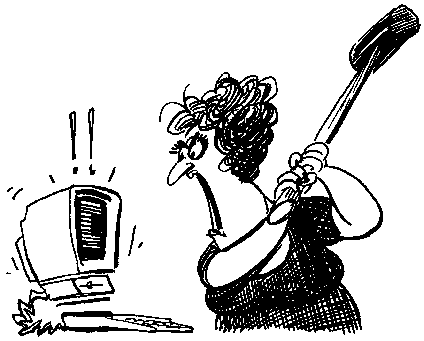As I revise my WIP, I've been rereading my chapter one. I had totally rewritten it and it's better but it's still not good. :( I think I will throw everything out and start fresh again BECAUSE first chapters are crucial. Writers get agents and sell books based on first chapters. (No pressure!) Generally, authors must set the scene, introduce the protagonist, and hook the reader all in the first chapter (or page!). The first chapter also sets the tone.
How does one do all this? I highly recommend surveying first chapters in the public library, your personal library, or on-line. These days a lot of first chapters are available on-line. Ignoring the obvious large electronic bookseller(s), many newspapers have collections of first chapters (although you may need to be a member or subscriber.) For example, The Guardian in the U.K. has a website of First chapters. Picking randomly, Into the Silent Land by Paul Broks starts with:
'Why does raw meat give me a hard-on?'
This is Michael, chopping sirloin ready for the stir-fry. Typically, he is going to the trouble of preparing a good lunch: beef in hoi-sin sauce. He's bought some beer, too. We're drinking straight from the can. Amy, his girlfriend, sits at the kitchen table reading a magazine. This is intriguing and has a strong voice!
Another good site is Contemporary Literature First Chapters / Excerpts. Check it out. :)
Of course, at some point you just have to buckle down and write the darn things. Then give them to your critique partners or beta readers, listen to their comments, and rewrite. Repeat as necessary.
So, back to work for me...

